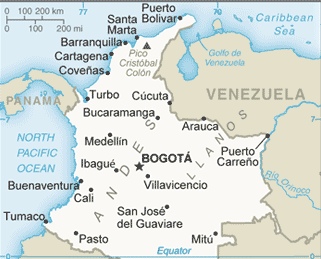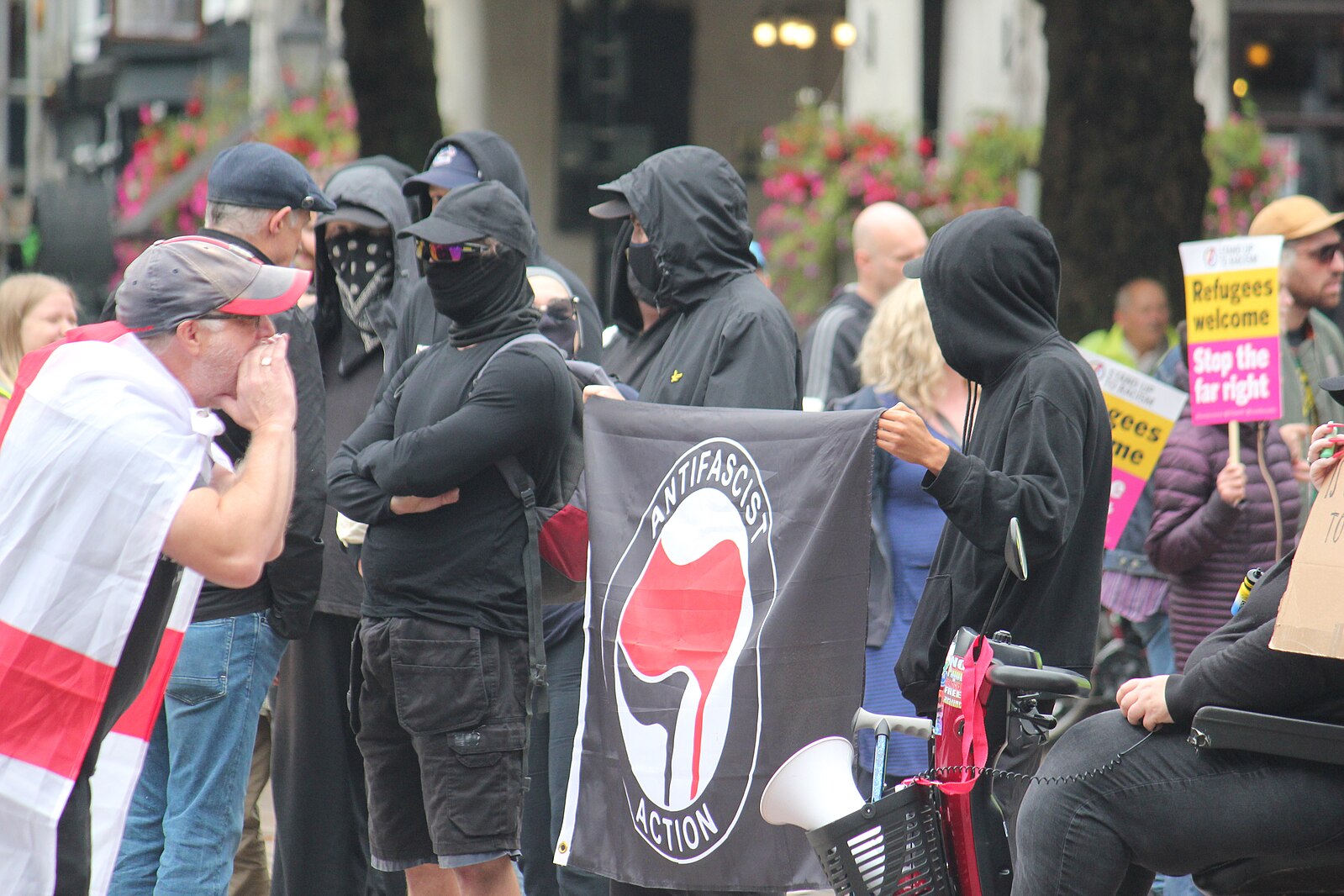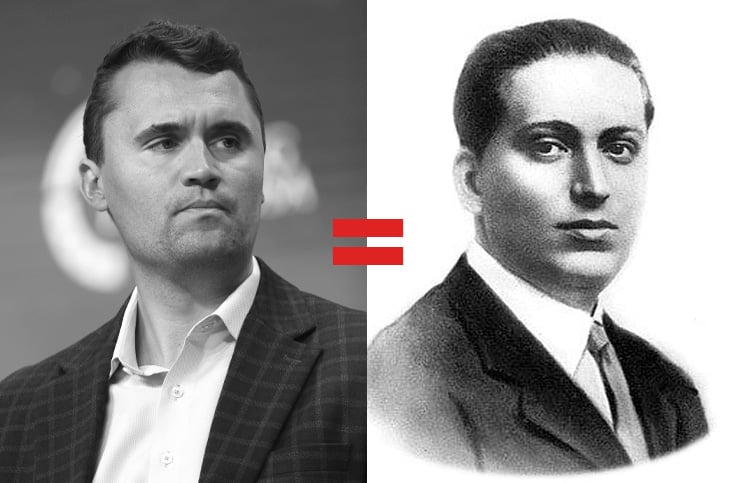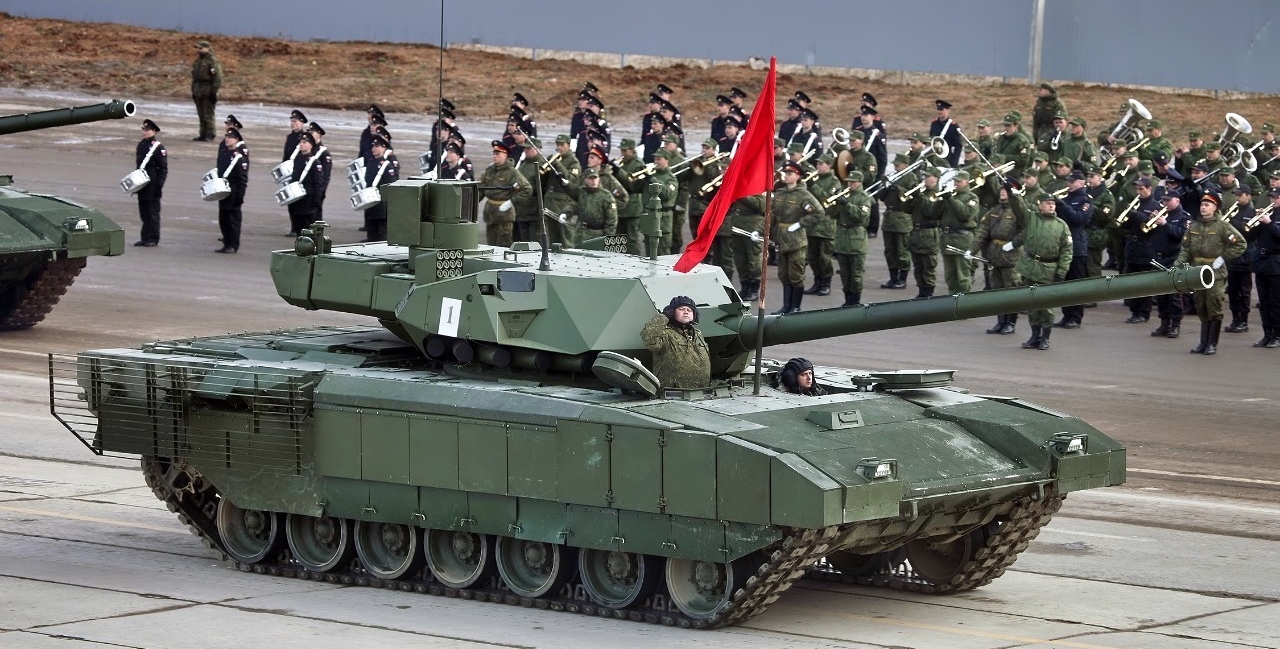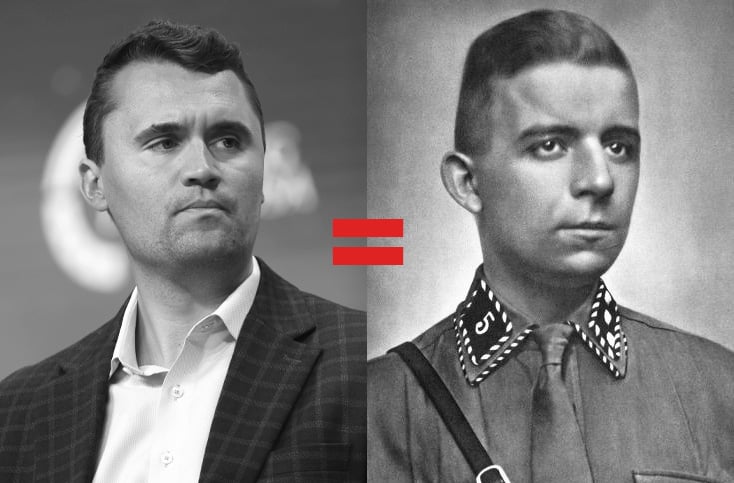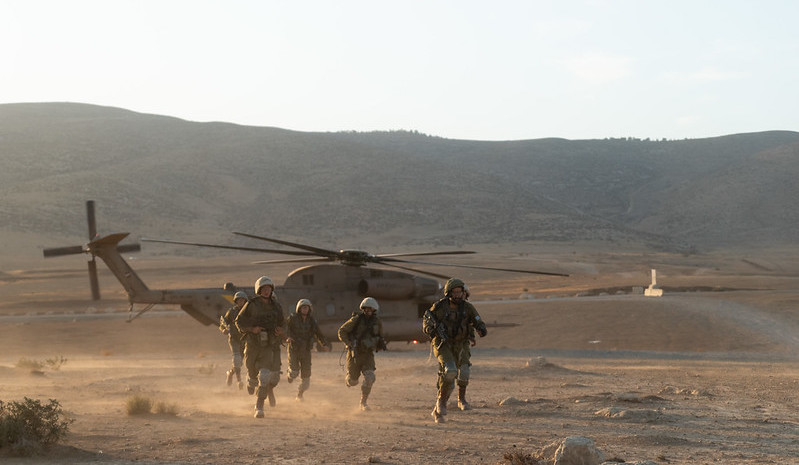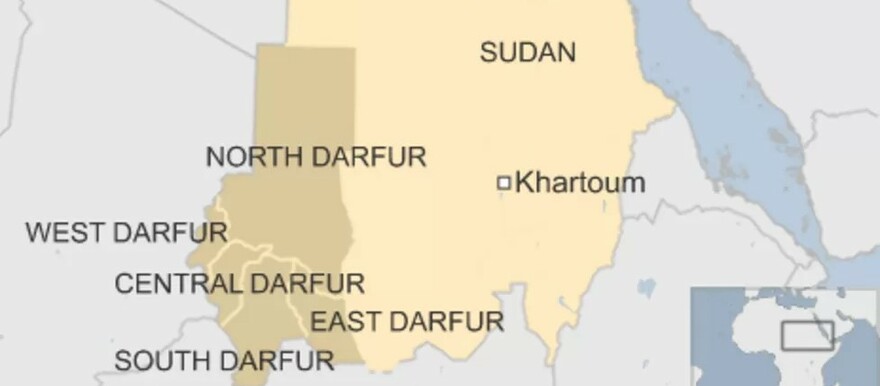
Sudan: ‘roadmap’ to peace —amid escalation to genocide
After months of US-led negotiations, the United States, Saudi Arabia, Egypt and the United Arab Emirates (the “Quad“) issued a “roadmap to peace” in Sudan, starting with a push for a three-month “humanitarian truce.” However, despite the agreement with the main regional backers of the two sides in the war, fighting continues between the Sudanese armed forces and paramilitary Rapid Support Forces (RSF). Since the “roadmap” was announced, the RSF has continued to close its ring around El Fasher, the besieged capital of North Darfur state. UN officials have condemned the assault and warned of catastrophic consequences for civilians under siege, facing severe shortages of food, clean water, and medical services. When the RSF offensive was launched earlier this year, a coalition of aid organizations and human rights groups issued a statement finding: “Genocide and atrocity crimes are being committed now in North Darfur. The RSF is engaged in the mass killing of civilians and will likely continue this if/when they reach El Fasher.” (Map via Radio Tamazuj)





